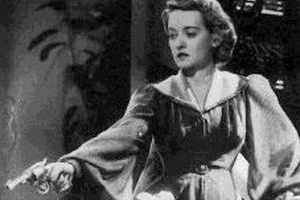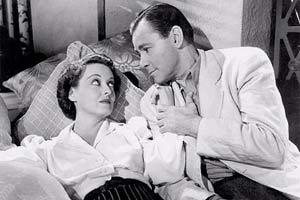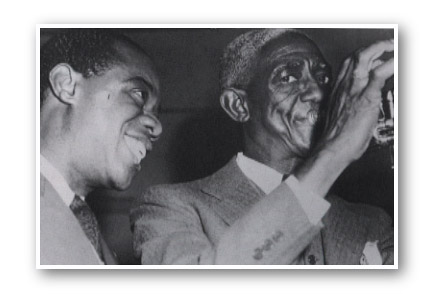Over at McSweeney’s, great authors predict the outcome of the Super Bowl. The conceit’s solid, and there’s a good Raymond Carver/Gordon Lish joke in there, but the parody of Jane Austen is irritatingly off:
Hyacinth and amethyst adorned the landscape of her heart, betrothed to fragrant oakmoss and blazing scarlet within the amorous lovestrokes of an incandescent horizon. In the shade of the gray branches, she put pen to paper. “I love you, Tom Brady,” it began. “Though others call you wicked.”
Prediction: Handsome Tom 46, Stern Aunt Louisa 9
So much wrong, including that Austen would have been Giants all the way.
I missed last night’s installment of PBS’s Complete Jane Austen, Miss Austen Regrets due to the Super Bowl. The game was exhilarating but, unlike the Austen, could boast only one neat costume: Belicheck’s fancy red sweatshirt. Did anyone see it (the Jane Austen, not the Super Bowl)? I admit as the series continues week after week what I’ve become most interested in is the cleavage of the actresses, which — not to be vulgar or prudish, but strictly anatomical — are undergoing some extraordinary effects that underwire alone can’t explain. In Mansfield Park, poor “plain” Fanny and her cousin Maria had the most opulent displays of decolletage to appear on my TV screen since Madonna stopped by the Golden Globes after giving birth to Lourdes. And then, if I remember right, Jennifer Ehle’s bosom in the Colin Firth edition of Pride and Prejudice, which begins re-airing this next Sunday, is located about four inches north of where you might expect it to be. It’s all so mysterious.

 We spent a fair amount of time, for example, tinkering with the timing of the climactic moment in Scene 4 when Leslie Crosbie (the character played by Bette Davis in the 1940
We spent a fair amount of time, for example, tinkering with the timing of the climactic moment in Scene 4 when Leslie Crosbie (the character played by Bette Davis in the 1940  “Look at measures 267 and 268 of Scene 2,” he said. “There’s no vocal line yet, but I want Leslie to sing something there over the orchestra, right after her husband sings I’m not clever,/I’m not handsome,/Whatever did you see in me? Can you give me a couple of lines?”
“Look at measures 267 and 268 of Scene 2,” he said. “There’s no vocal line yet, but I want Leslie to sing something there over the orchestra, right after her husband sings I’m not clever,/I’m not handsome,/Whatever did you see in me? Can you give me a couple of lines?” Needless to say, that wasn’t the only thing I had to do in January. If you’re a regular reader of this blog, you’ll recall that I spent the week of January 20 up in Connecticut
Needless to say, that wasn’t the only thing I had to do in January. If you’re a regular reader of this blog, you’ll recall that I spent the week of January 20 up in Connecticut